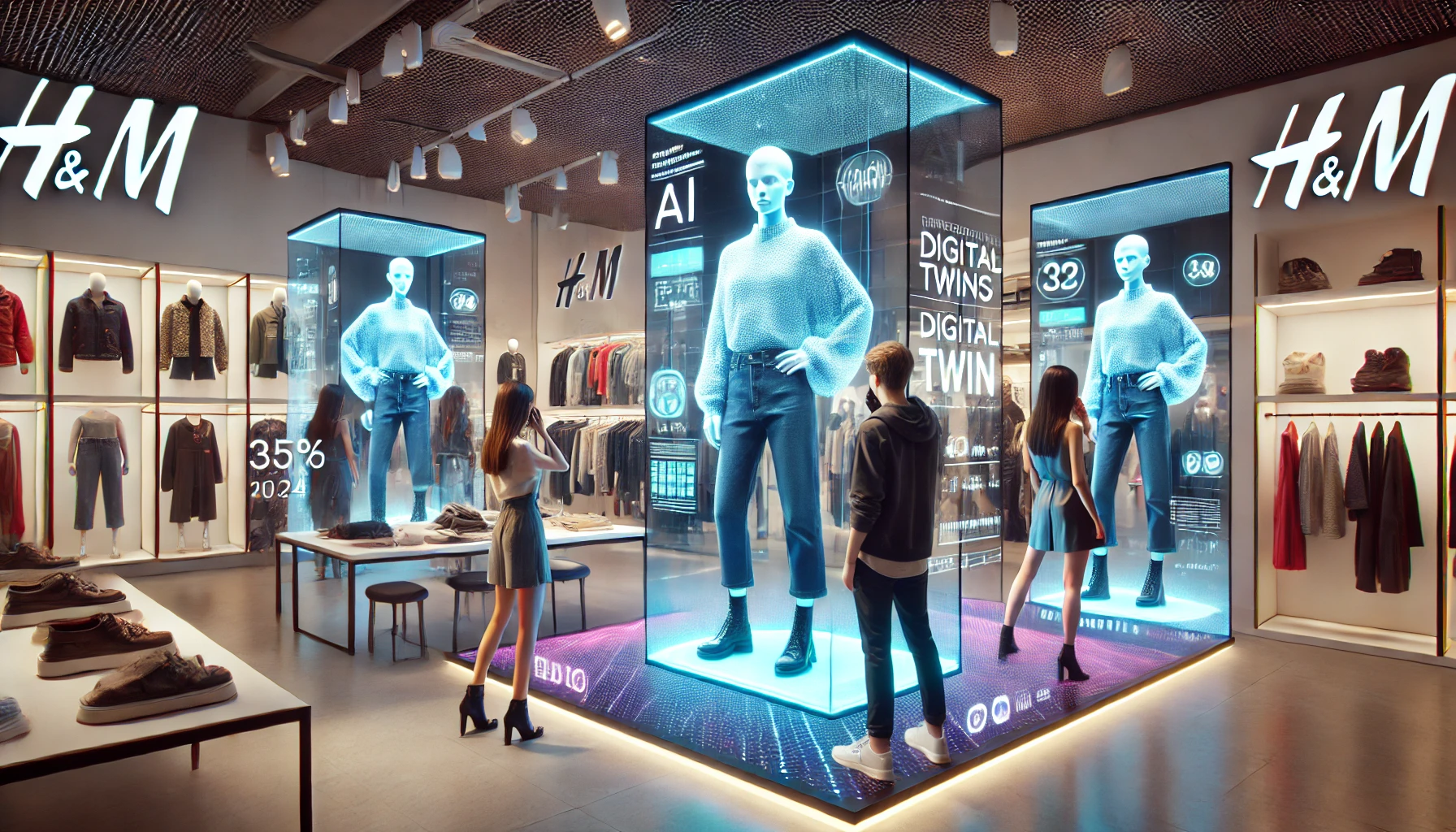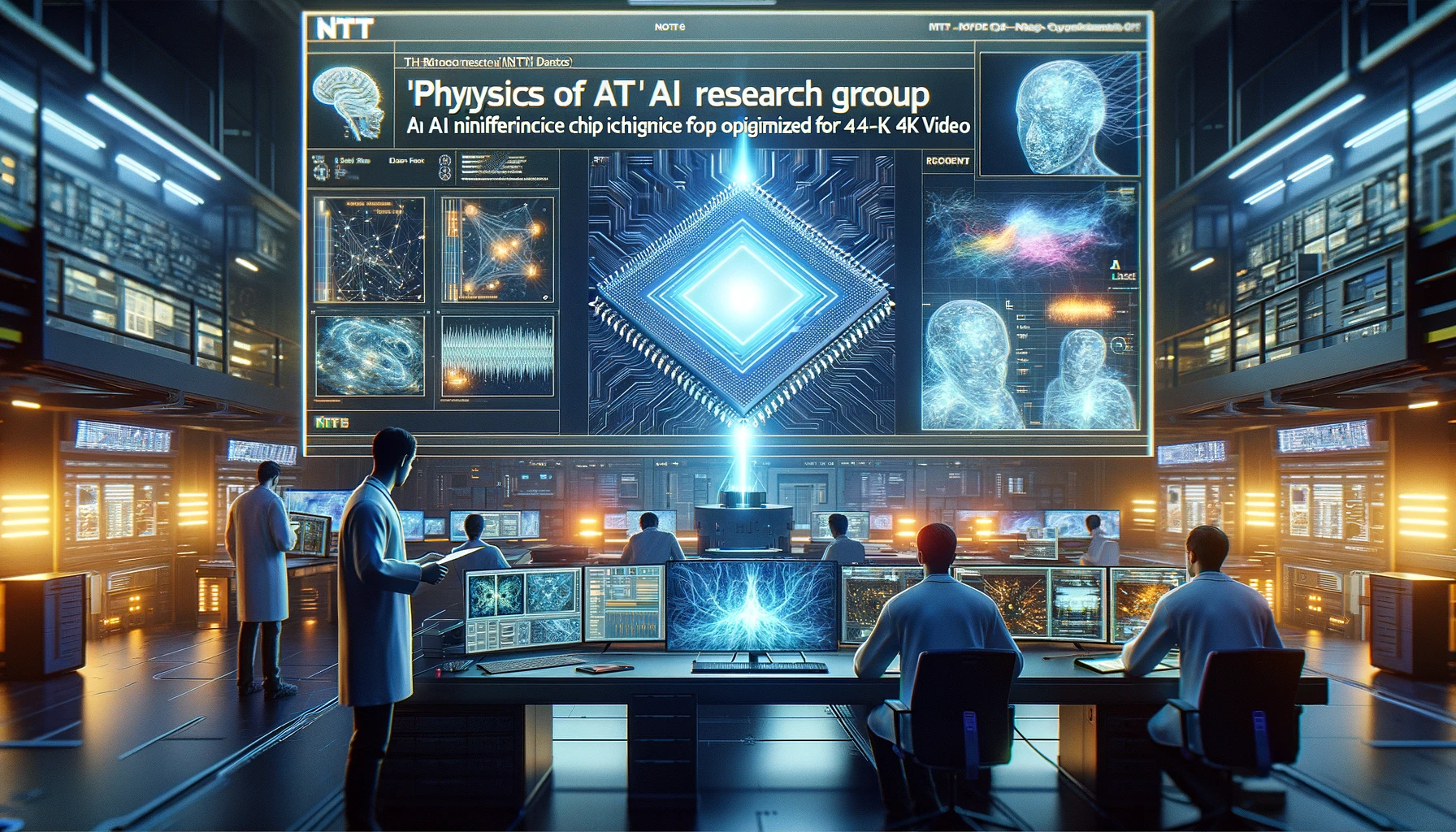Swedish retail giant H&M is creating 30 digital twins of human models this year as it explores new ways to showcase its clothes, shoes and accessories.
The news, first reported by Business of Fashion, would potentially be used in marketing campaigns and social media posts. H&M confirmed the digital twins experiment to PYMNTS, but said their use is not yet set.
“We are curious to explore how to showcase our fashion in new creative ways — and embrace the benefits of new technology — while staying true to our commitment to personal style,” an H&M spokesman told PYMNTS.com. “This initiative is about exactly this: exploring the benefits of what generative AI can bring to the creative process.”
H&M’s spokesman emphasized that this project will “fundamentally not change our human-centric approach in any way.”
The retailer reportedly will let the human models retain the rights to their digital twins and be compensated according to their current arrangements. They will also be allowed to license these digital twins to other brands. Images will have watermarks to make it clear they were created using artificial intelligence (AI).
H&M said it still doesn’t know how its experiment will affect the fashion ecosystem, including photographers, stylists, make-up artists and the like.
“H&M’s use of AI-generated avatars marks a shift toward greater efficiency in fashion marketing, enabling faster campaign turnarounds and significant cost savings,” said Gleb Tkatchouk, product director of AI image generator Arta, told PYMNTS.com.
“It also enhances creative flexibility, making it possible to implement concepts that would be difficult — if not impossible — to achieve with real-life models,” Tkatchouk added.
But the big question is whether AI replicas will “evoke the same emotional resonance as real people among consumers whose value of authenticity is particularly strong when it comes to lifestyle-related content,” Tkatchouk said.
At least, H&M’s plans to compensate the models and let them retain the rights to their digital twins represent a “progressive ethical step in digital rights management,” Tkatchouk said.
For successful long-term adoption if AI models, clear legal frameworks must be developed to cover issues such as how contracts will evolve, whether models can license their avatars to multiple brands and what protections exist against unauthorized modifications, Tkatchouk said.
Read more: H&M Refines Retail Strategy, Taking Cues From Retailers for a Localized Edge
Shudu, the AI Model
The fashion industry has been embracing AI to create marketing campaigns for years, but one of its most controversial uses is for generating AI models.
Last July, fashion retailer Mango used AI models in its clothing line for teens. Called Sunset Dream, the limited-edition collection was billed by the company as the first campaign generated entirely using AI.
But Mango received consumer criticism on social media for “false advertising” and for its potential to kill fashion industry jobs.
A month earlier, the Czech edition of Vogue Leaders placed AI-generated supermodel Shudu on its cover, depicting her on the streets of Prague wearing digital fashion. Shudu is the creation of an AI modeling agency called The Diigitals.
The agency’s digital models have been hired by Hyundai, Lexus, Michelob, Karl Lagerfeld, Paco Rabanne, Lexus, Samsung, Mercedes and many others.
Fashion industry workers have not been happy with the use of AI models.
In 2023, Levi’s plans to use AI-generated models received industry backlash due to its potential to replace human workers, according to NBC News.
Levi’s explained that digital models would not replace human models but would be used alongside them. The goal was to add more models per product in a variety of body sizes, types, ages and skin colors.
Saige Thomas, executive producer at Texas Fashion Week, said the right focus should be on innovation.
“AI in fashion isn’t about replacing humans — it’s about pushing innovation. When used right, it can be a tool that enhances innovation without erasing authenticity,” Thomas told PYMNTS.
However, “We have to ensure models are paid per use and that there are monetary benefits for all of the professionals who helped make that generated image possible. We must acknowledge how this can impact our hair and makeup artists, photographers, and set designers,” she added.
Ultimately, the use of AI models has too many benefits for fashion companies to ignore.
“It will not only cut costs but also speed up content creation,” Fergal Glynn, chief marketing officer of Mindgard, told PYMNTS. “It’s like benefiting endlessly from the likenesses of these models.”
Source: https://www.pymnts.com/





